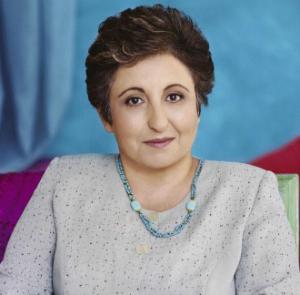Nobel Peace Prize Laureate Dr. Shirin Ebadi to Receive 2013 Wolfgang Friedmann Award
New York, March 26, 2013—Nobel Peace Prize Laureate Dr. Shirin Ebadi will receive the Wolfgang Friedmann Memorial Award from the Columbia Journal of Transnational Law at an April 2 award dinner at the ‘21’ Club in New York City.
| Dr. Shirin Ebadi |
Ebadi, born in Hamadan, Iran, became the country’s first female judge in 1970. After the Iranian Revolution of 1979, she and other female judges were demoted to clerks. Rather than continue to perform clerical duties in a court she once ran, Ebadi resigned and established a pro bono legal practice. Eventually, her advocacy for women, children, and political dissidents attracted international attention, leading to her 2003 Nobel Peace Prize win for her dedication to justice. Ebadi continued to advocate for human rights in Iran until the regime confiscated her Nobel Prize in 2009, freezing her bank accounts and forcing her into exile. Today, she lectures and publishes widely on human rights from the United Kingdom.
